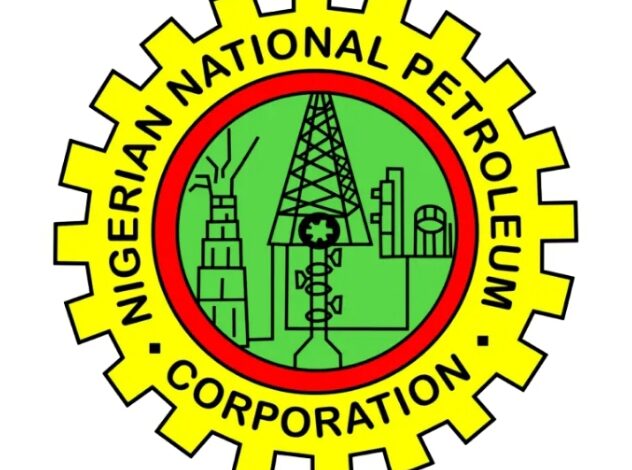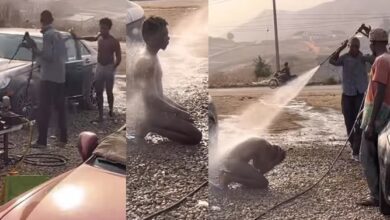NNPC seals a contract for a gas pipeline project with ECOWAS and Morocco’s hydrocarbon agency.

The National Office of Hydrocarbons of Morocco and the ECOWAS Commission will sign a Memorandum of Understanding on a Gas pipeline project with the Nigerian National Petroleum Company Ltd. tomorrow.
The 7,000 kilometer gas pipeline project between Nigeria and Morocco is anticipated to proceed in accordance with the MoU.
Group Chief Executive Officer of NNPC Ltd. Mele Kyari paid a courtesy visit to H.E. Dr. Omar Alieu Touray, the President of the ECOWAS Commission, in advance of the agreement’s signing, which is slated to take place on September 15, 2022, in Rabat, Morocco.
At the conference, the ECOWAS Commission and NNPC reaffirmed their commitment to the project to supply gas to West-African nations via Morocco’s kingdom and later Europe.
To participate in the project, the NNPC and ONHYM will also sign two memorandums of understanding with SMH of Mauritania and Petrosen of Senegal.
The project will eventually supply around three billion standard cubit feet of gas along the West African coast from Nigeria, Benin, Togo, Ghana, Cote d’Ivoire, Liberia, Sierra Leone, Guinea, Guinea Bissau, Gambia, Senegal, and Morocco.
Other advantages include raising people’s standards of life, integrating the economy of the sub-region, and preventing desertification through a consistent and sustainable gas supply.
Initiated by the Federal Government of Nigeria and the Kingdom of Morocco, the Nigeria-Morocco Gas Pipeline (NMGP) Project was born during King Mohammed VI of Morocco’s visit to Nigeria in December 2016.
The NMGP Project aims to diversify Nigeria’s gas export routes, end gas flaring, and monetize the nation’s substantial natural gas resources in order to increase money for the nation.
Additionally, it will help with the integration of the sub-economies region’s and the supply of gas to 13 ECOWAS nations, including Morocco, and to Europe.
Raising the standard of living for those in the subregion Providing a sustainable and consistent gas supply will help in the fight against desertification, create income, reduce poverty, and give other nations along the pipeline path a place to produce and export their own gas.
The pipeline is 48 inches wide by 5,300 kilometers long (from Barss Island, Nigeria, to Dakhla, Morocco), and 56 inches wide by 1,700 kilometers long (from Dakhla, Morocco, to MEP). Its total length is roughly 7,000 kilometers, and there are about thirteen compressor stations.
The Maghreb European Pipeline (MEP), which runs from Algeria (through Morocco) to Spain, will be joined to the new Brass Island to North of Morocco pipeline, which will start in Nigeria and terminate there.
For more information and news always visit dailygam.com










